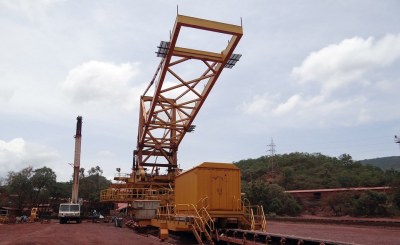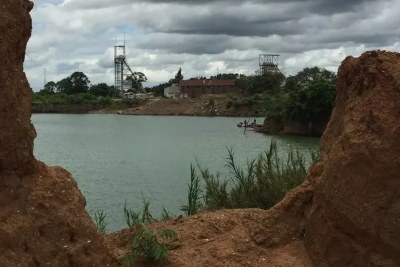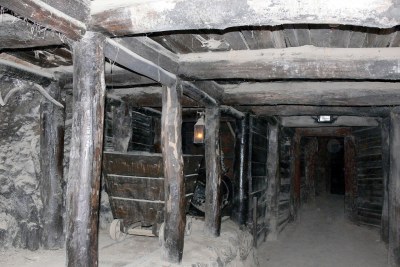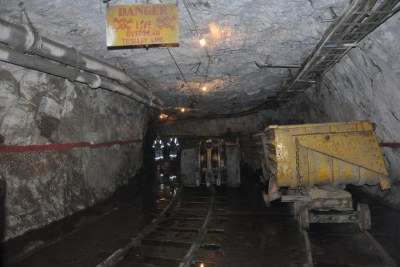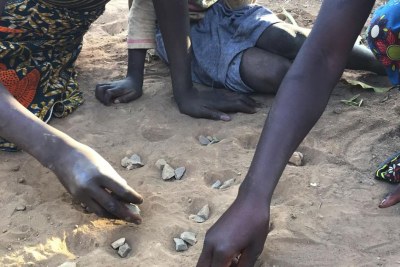-
Zambia: Lawsuit Demands Justice for Zambians 'Poisoned' By Lead Mine
RFI, 21 October 2022
A class action lawsuit targeting mining giant Anglo American over alleged health problems caused by lead mines in central Zambia will hear who can participate in the case in… Read more »
-
Zambia: Reforming Zambia's Mines Needs More Change and Support
Chatham House, 23 May 2022
The call to action for the mining sector must be supported by continued improvements to the domestic operating environment and bring along regional partners. Read more »
-
Zambia: Anglo American Must Be Held to Account for Lead Poisoning in Kabwe - Amnesty International
AI London, 23 February 2021
Investors must hold global mining giant Anglo American accountable for toxic legacy of lead poisoning between 1925 and 1974 Read more »
-
South Africa: Mining Giant Sued Over Alleged Mass Lead Poisoning of Children in Zambia
Children of Kabwe, 21 October 2020
Lawyers from Mbuyisa Moleele and Leigh Day today announced that a class action lawsuit has been filed against Anglo American South Africa Limited (“AASA”), a subsidiary… Read more »
Zambians 'Poisoned' by Lead Mine Reach Landmark in Legal Battle
A class action lawsuit targeting mining giant Anglo American over health problems allegedly caused by lead mines in central Zambia will hear who can participate in the case in November. The legal challenge filed in South Africa accuses the British-listed mining company of effectively poisoning villages in Kabwe, north of the capital Lusaka.
"The way in which the mining operations were conducted in such close proximity to residents has resulted in huge levels of contamination of the soil," says Richard Meeran, solicitor for Leigh Day in London, adding that this "resulted in poisoning of the population, in particular young children".
In 2020, human rights lawyers filed a class action suit against Anglo American on behalf of over 100,000 people in the Kabwe district who are believed to have been poisoned. The suit alleged that much of this toxic legacy stems from the five decades between 1924 and 1975 when the Kabwe lead mine was at least a partially-owned Anglo asset.
The claimants, mostly young children, are suffering from alarming levels of lead poisoning which, depending on various factors, causes a range of significant conditions. These include psychological, intellectual and behavioural damage, to serious and permanent physical damage to their organs, neurological systems and fertility. In extreme cases, serious brain damage and death.
InFocus
-
Zambia's next government should urgently clean up lead pollution that has affected the health of tens of thousands of children and adults in the city of Kabwe, six organisations ... Read more »
-
Human rights lawyers have filed a class action suit against Anglo American on behalf of over 100,000 people in the Kabwe District of Zambia who are believed to have been poisoned ... Read more »
-
Six years ago, Zambian villagers brought a legal claim against UK mining firms, Vendanta Resources Limited and Kokola Copper Mines. The claim focused on the toxic discharge from ... Read more »
-
Human Rights Watch has found that Kabwe mine's waste dumps remain, exposing nearby residents to windblown lead dust and threatening community health. Children are particularly ... Read more »
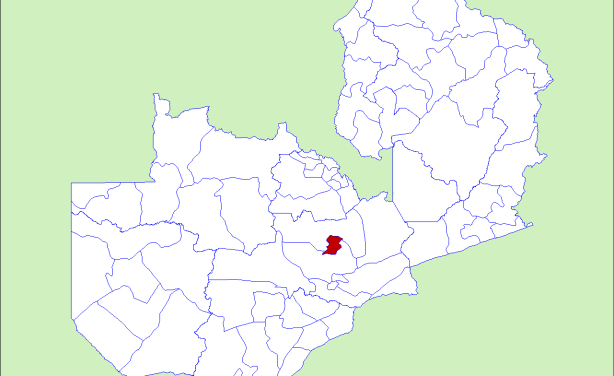
A map showing the location of Kabwe district in Zambia.
